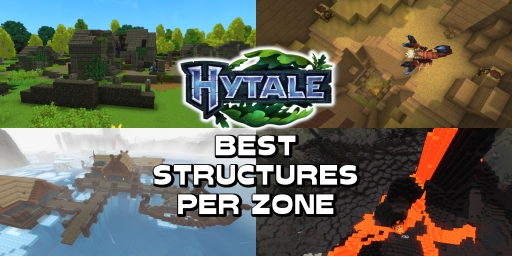Redstone is one of those features in Minecraft that has been around since the early Alpha but remains difficult for many players to grasp. However, it doesn’t have to be complicated! Redstone is essentially Minecraft’s electricity, allowing you to build automated machines. The initial learning curve can overwhelm some players, so today we’ll look at the basics and the simplest Redstone circuits. Once you understand these and internalize the functions behind the red dust, larger machines will no longer be a problem.
Basics of Redstone Functionality
Before we look at some simple circuits, we need to establish a good foundation. Once you understand how Redstone works, implementing it becomes much easier. The properties remain consistent, and you can use them to your advantage.
Note: We are primarily referring to the Java Edition for PC, as Redstone behaves differently in Bedrock.
Where Can I Find Redstone?
If you’ve ventured underground before, you may have encountered Redstone. It is an ore that can be found between heights 16 and -64. If you are specifically searching for Redstone ore, the best height is -58. You might even find some diamonds along the way! The biome doesn’t matter; Redstone can be found everywhere. Eventually, you’ll have more than enough collected.
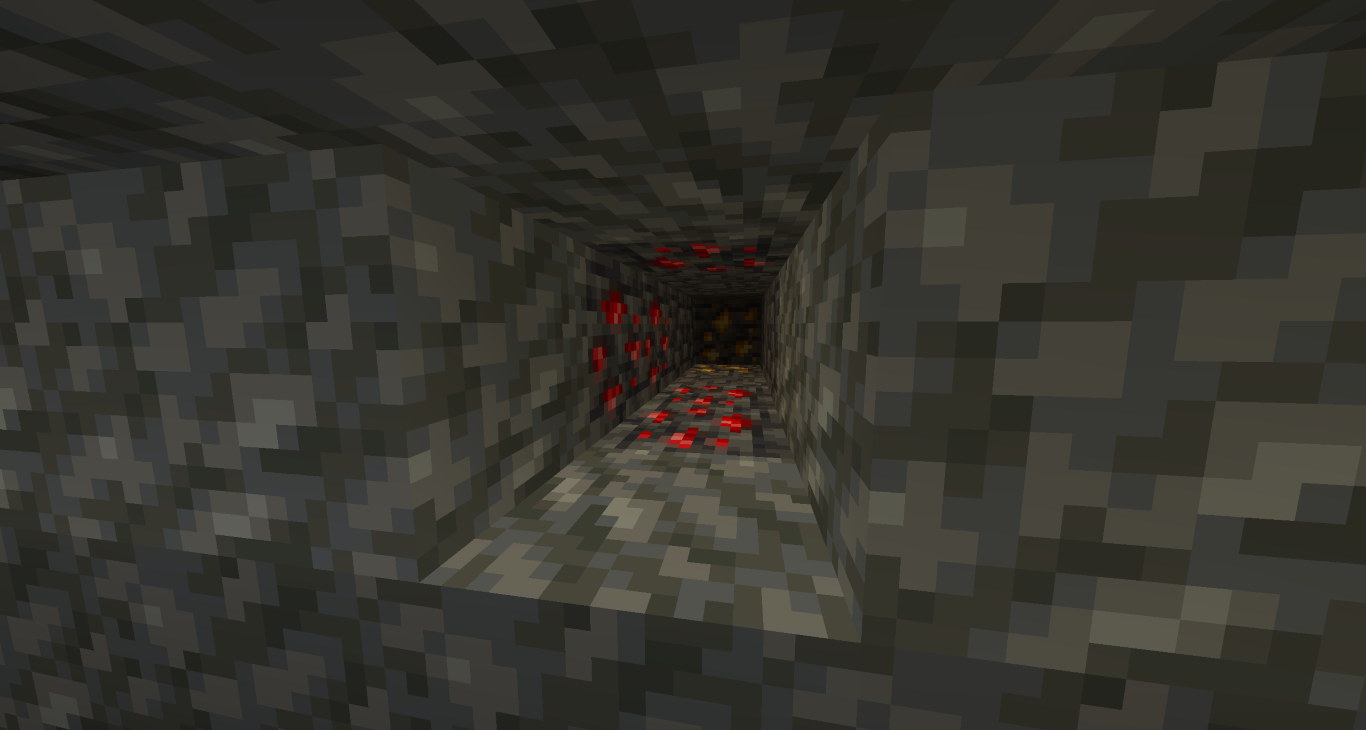
Usage and Range
You can think of Redstone as a type of cable that you can lay out in your Minecraft world. But without a power source, nothing will happen. Once Redstone is powered, the signal typically has a range of 15 blocks. You can identify this by the Redstone glowing, but it will get weaker the farther it is from the source. The end is indicated by particles. You can also lay Redstone dust vertically, except for stairs and slabs.
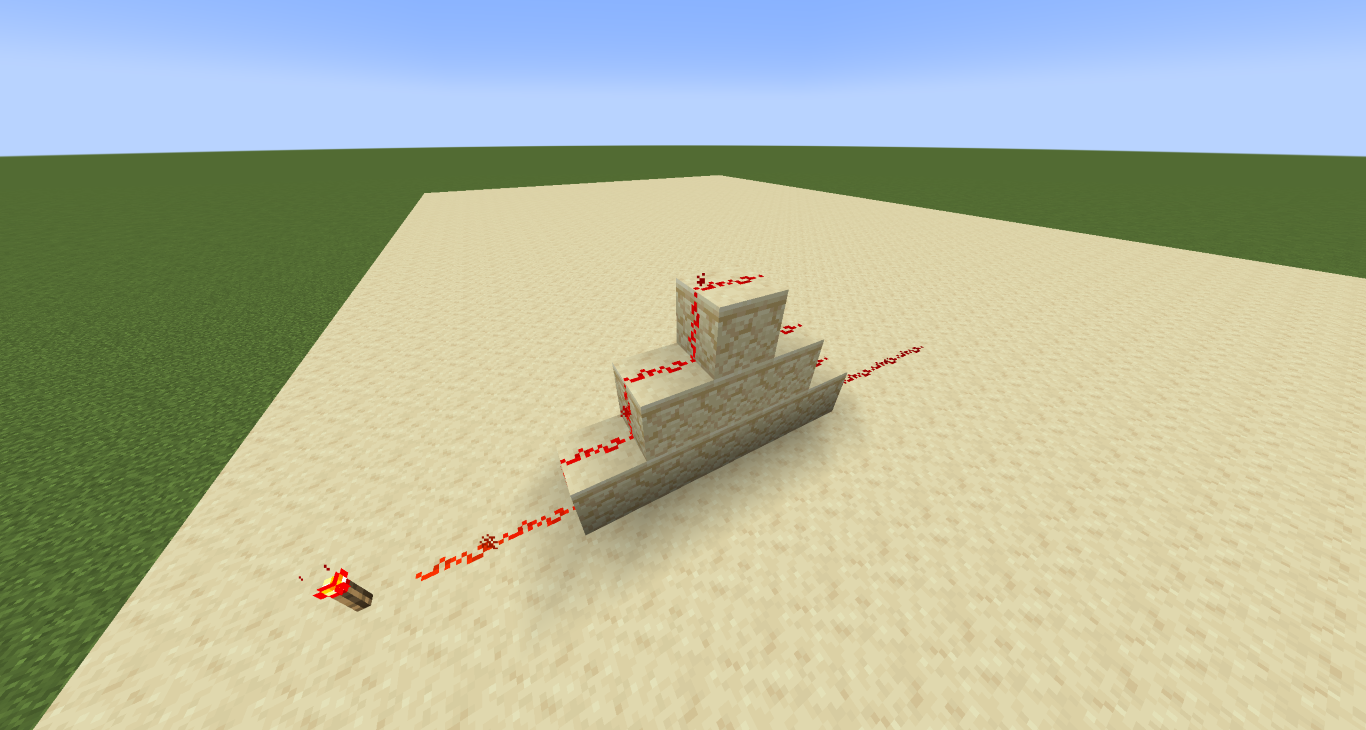
Additionally, Redstone powers surrounding blocks if they are directly connected to the dust. This allows signals to be transmitted through walls.
Important Redstone Components
Once you understand Redstone’s basic functions, there are additional components that come into play. These form the foundation for most circuits you can build. For starters, this is all you need to know.
Redstone Torch
One of the simplest Redstone components, it emits a 15-block signal and can power Redstone continuously. It can also invert a signal and transmit it vertically. It can be turned on and off, but be cautious: repeated toggling can burn out the torch. This is especially important for automatic circuits. Torches are also used in crafting recipes for many other Redstone components.
Redstone Block
This block functions similarly to the torch but never runs out of power. It is always active and cannot be turned off. Unlike the torch, it does not transmit signals vertically. It emits a 15-block signal and powers all blocks around it (but not diagonally).
Repeater
The repeater is one of the most useful blocks! It extends the signal range. If your Redstone signal needs to go beyond 15 blocks, the repeater is your best solution! It boosts a signal strength of 1 back to 15. You can also add a delay by right-clicking the repeater and choosing between three settings. Multiple repeaters can be chained together.
Lever
Levers can be permanently activated or deactivated, emitting a 15-block signal when on. They need to be manually turned off.
Pressure Plates
All pressure plates activate a Redstone signal when stepped on by a player. They can only be placed on top of a block. The signal stops when you step off. Other mobs and even items can also activate the plates.
- Wooden Pressure Plate: Always emits a 15-block signal, regardless of what activates it.
- Stone Pressure Plate: Cannot be activated by items but also emits a 15-block signal.
- Iron Pressure Plate: Signal increases by one for every ten items on the plate.
- Gold Pressure Plate: Signal increases by one for every item on the plate.
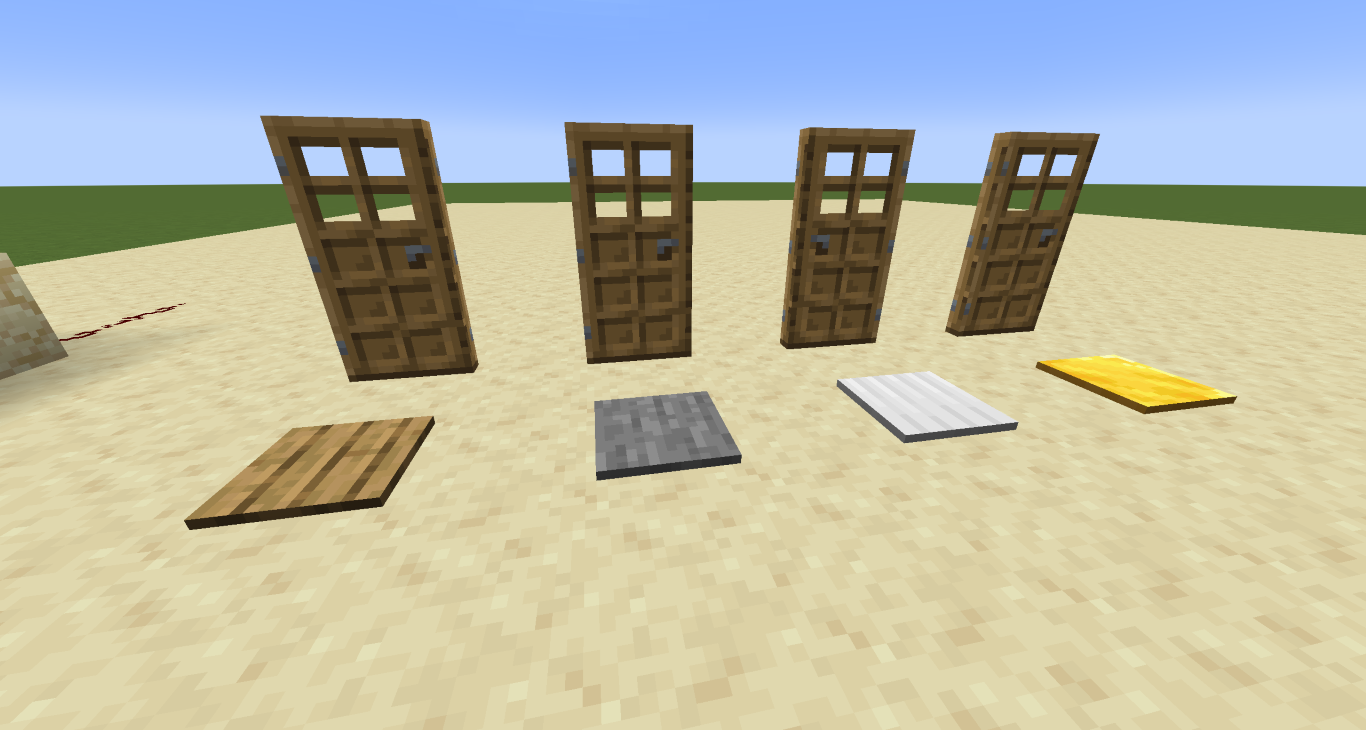
Buttons
Buttons can be activated by right-clicking and emit a Redstone signal.
- Wooden Button: Signal lasts for 1.5 seconds.
- Stone Button: Signal lasts for only one second.
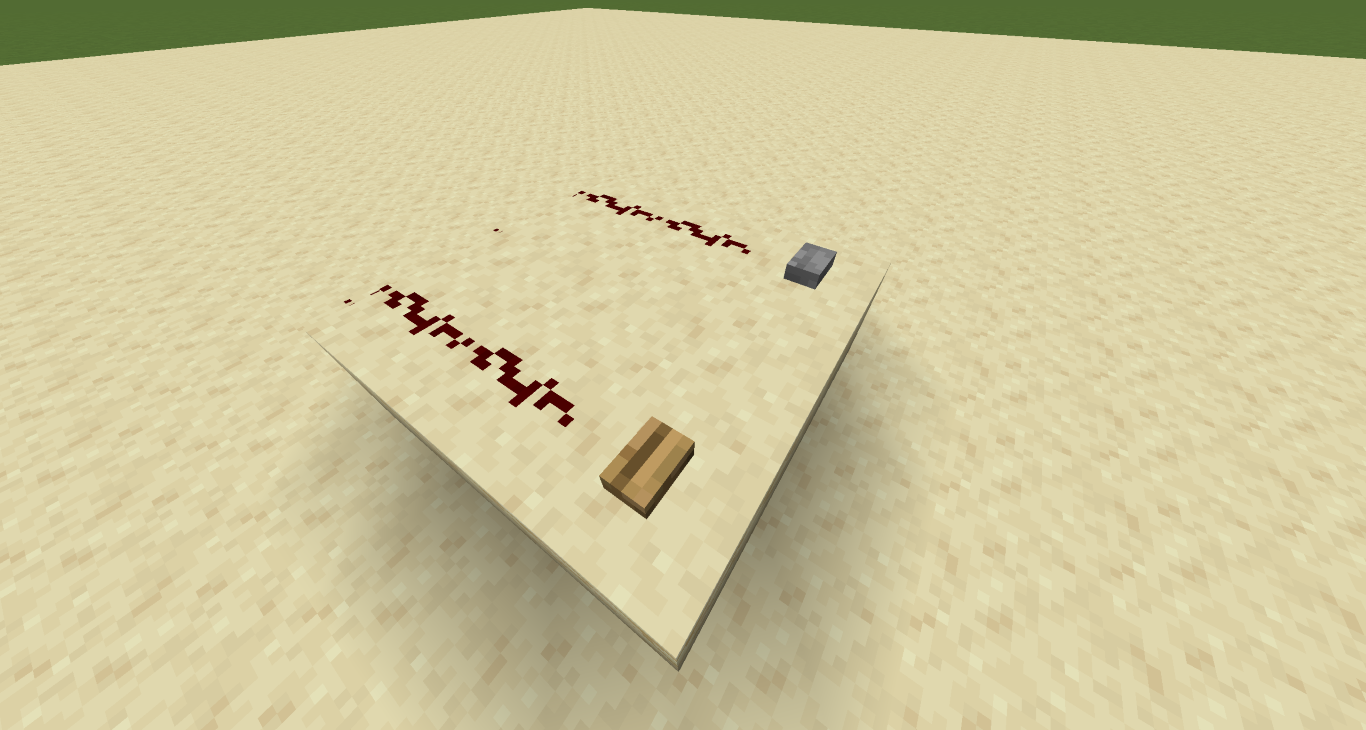
Your First Circuits
Even with these few components, you can already do a lot. Let’s look at some simple circuits you can incorporate into your base.
Door Opener
One of the simplest circuits is to automatically open a door. Pressure plates are your best friend here; just walk over them, and the door opens automatically! Iron trapdoors and doors can only be activated by Redstone, making them incredibly secure!
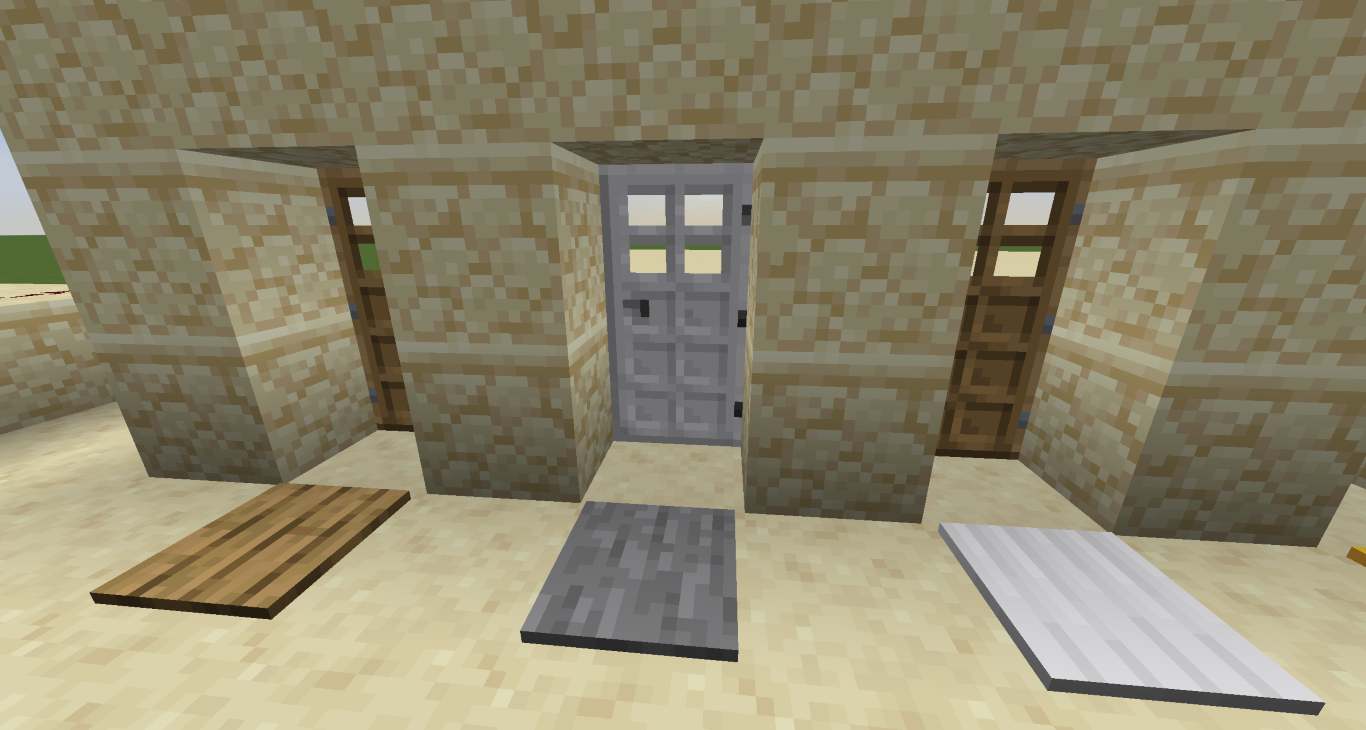
Automatic Farm
Water can wash away crops, which is perfect when they are ripe. Use water to harvest a large field at once. With Redstone and trapdoors, you can do this fully automatically. Unfortunately, you’ll still need to replant manually. Remember, water only flows for seven blocks. A lever is useful here, allowing you to directly control the signal.
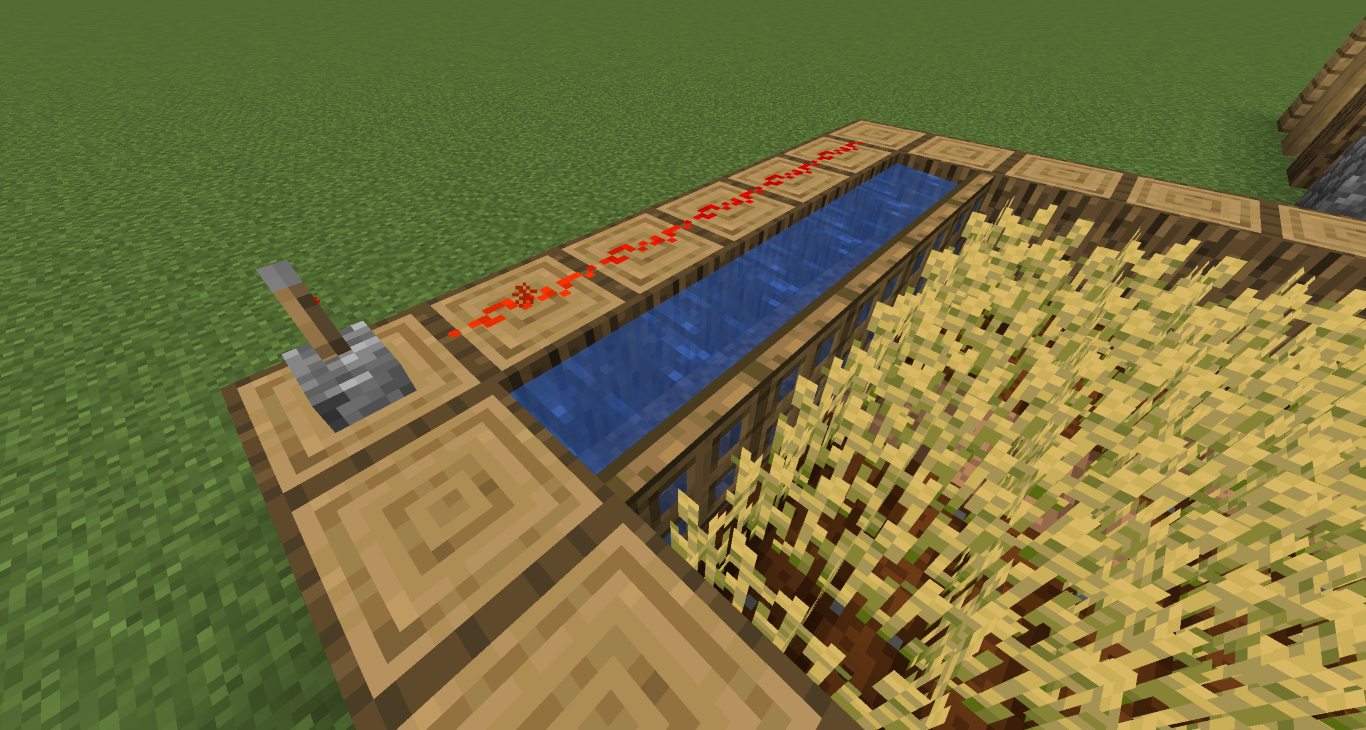
Conclusion
Redstone may seem intimidating at first, but once you get the hang of it, it’s not that difficult! Redstone can simplify many tasks in Minecraft if you delve into its mechanics. Even simple circuits can achieve many cool things! Hopefully, our guide has helped you take your first steps with Redstone. You don’t have to do this alone. Imagine experimenting with Redstone on a server that’s entirely yours. Rent your own Minecraft server now and enjoy the freedom to create complex circuits without limitations! Learn Redstone with your friends and build practical circuits for your server.
More interesting articles
Minecraft Redstone Components Explained: Signal Sources, Connections & Receivers
Minecraft Automatic Door Mechanism: Simple Build with Redstone
Minecraft: Item Transport Systems With and Without Redstone
Minecraft Automatic Storage System: A Guide for Efficient Item Sorting
Installing Minecraft Mods: A Step-by-Step Guide for Beginners


